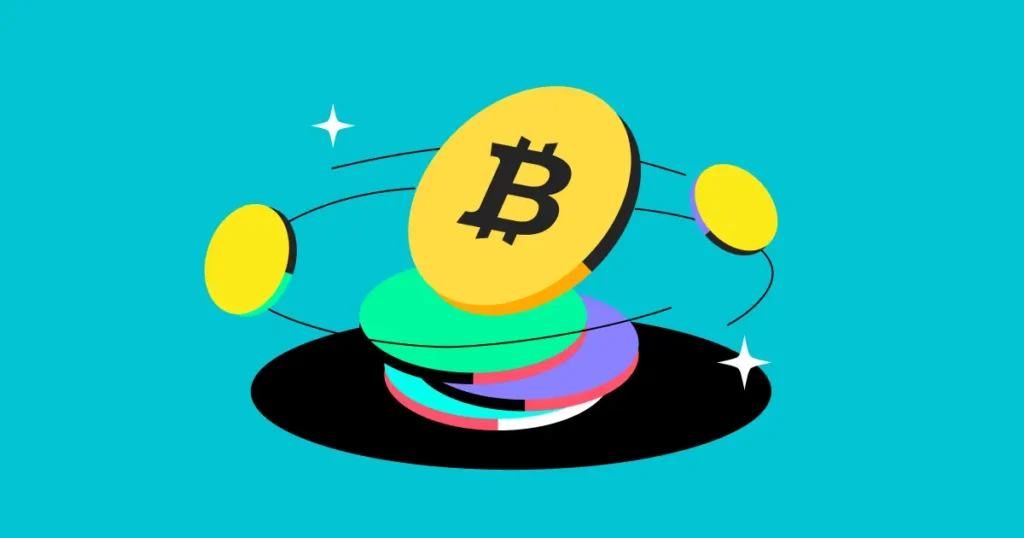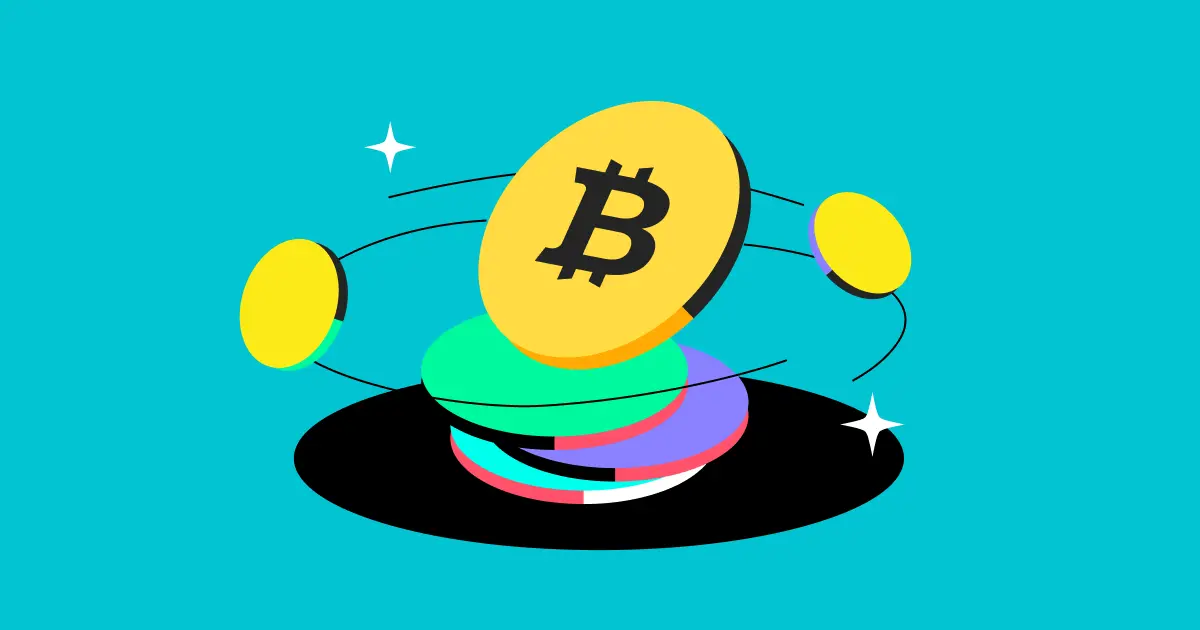As an alternative to energy-intensive mining, many new cryptocurrencies have adopted staking models where users can earn coins as rewards for helping validate transactions and secure networks. Here’s a look at what staking involves.

Content
What is Cryptocurrency Staking?
Staking involves holding (“staking”) supported cryptocurrencies in a wallet to actively participate in transaction validation and earn rewards. It enables earning coins without needing expensive mining hardware. Instead of competing to mine new coins like with Proof of Work protocols, staking utilizes the existing coins one already holds to help secure the blockchain through delegation of resources.
The Staking Process
Staking works by users delegating their coins to be used towards verifying blocks of transactions and adding them to the blockchain securely. In return, stakers receive a percentage reward of the transaction fees in that blockchain’s native coin over time. Staked coins remain in the user’s active wallet and can be spent or traded at any time. Blockchain protocols use different staking mechanisms and minimum amounts required to qualify for rewards.
Staking Rewards Overview
Popular staking coins offer annual percentage yields (APYs) potentially far higher than traditional savings accounts. Exact rates depend on factors like circulating supply and transaction volume – with current average APYs ranging from 5-15% per year. Rewards are distributed periodically based on the protocol, with most paid out daily or weekly. Long-term holding tends to maximize these compounding returns.
Coins Commonly Staked
Major proof-of-stake blockchains supporting cryptocurrency staking include:
- Cardano (ADA)
- Tezos (XTZ)
- Polkadot (DOT)
- Algorand (ALGO)
- Cosmos (ATOM)
- Harmony (ONE)
- Elrond (EGLD)
Top staking pools and services also support dozens of other emerging coins. Staking typically just requires a supported wallet without hardware.
Getting Started with Staking
Choosing a suitable wallet depends on the currency. Popular options for beginners include the Daedalus wallet for Cardano or a centralized exchange’s staking service. Non-custodial dedicated staking pools allow aggregating coins for rewards, often requiring minimum balances. Online research helps identify reputable pools offering competitive payout rates. Wallets guide users through simple delegation processes to start accruing staking rewards.
Key Benefits of Staking Coins
- It’s easier and more accessible than cryptocurrency mining
- Stakers earn competitive passive income on holdings over time
- Rewards incentivize participation in network security and validation
- Users can retain full control and trading mobility of their staked coins
- Staking supports adoption of environmentally friendly consensus protocols like Proof of Stake over energy-intensive mining
- Rewards provide an effective way to grow cryptocurrency holdings for the long term
Drawbacks and Considerations
- Funds must be online and available for spending/trading to qualify for staking
- There are slashing penalties if nodes go offline or validate malicious transactions
- Not all coins are stakable and some require minimum balances or delegation amounts
- Centrally-held funds on exchanges face minor custodial risks despite lower barriers to entry
- Rewards fluctuate with coin price, transaction volumes and amounts staked by others
- Annual percentage yields are not guaranteed and depend on market forces
In conclusion, cryptocurrency staking provides an accessible way for users to generate attractive passive income returns from their coin holdings over the long run. By helping secure networks, staking also promotes wider adoption of more environmentally sustainable blockchain consensus protocols versus mining-focused chains. With diligent research, staking opens up exciting opportunities for participants across the crypto ecosystem.










